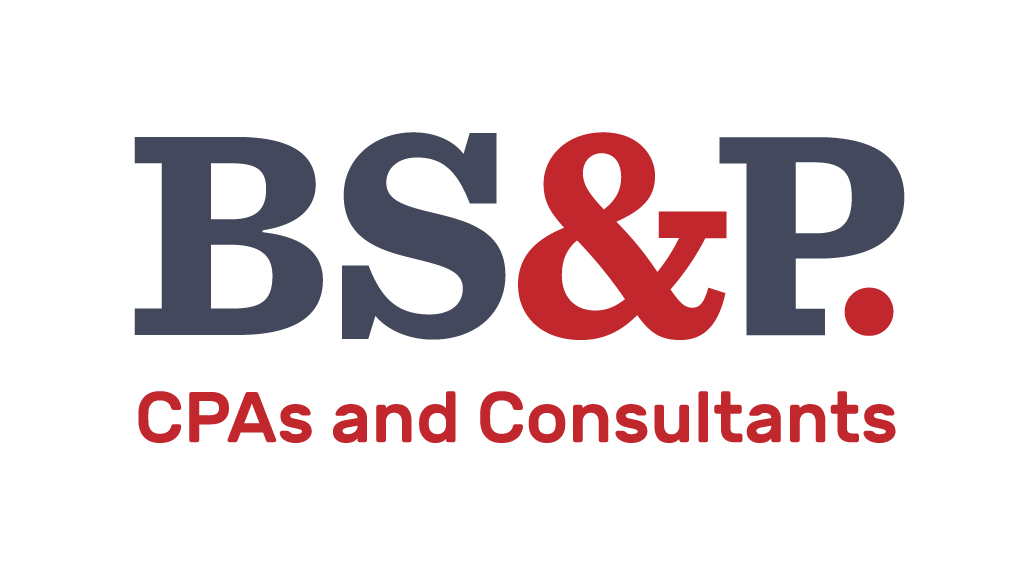We do not typically think about what will happen when we are gone but there are some instances where thinking ahead is beneficial. This article will provide you with a brief, not all-inclusive, explanation of probate, the types of assets, ways you can avoid probate court and the overall costs and process to probate court.
What is probate?
Probate is the legal and court-supervised process of validating and distributing your estate after you pass away. Probate assets can include bank accounts, financial instruments, real estate, vehicles, personal possessions, etc., and having a Will designates whom the assets are to be transferred to. With that being said, probate can be initiated with or without a Will, but having one makes the process easier and less costly. Without a Will, the court then handles all proceedings and makes all decisions for you on where and to whom your assets go.
How can I avoid this?
There are serval ways you can avoid probate court entirely or reduce the amount of assets that need to go through the court process. By properly planning, you can avoid probate court any of the following ways:
- Name beneficiaries: You can name beneficiaries on items such as life insurance policies, so the proceeds go directly to them and avoid probate.
- Create a Revocable Living trust: Since the trust will own the assets itself, after your death, anything in your trust will go to your beneficiaries as outlined by the trust.
- Payable on Death (POD) or Transfer on Death (TOD) designation: Giving assets or property, such as bank accounts, retirement accounts, vehicles, real estate and stocks, the “POD” or “TOD” title, you will bypass probate and the items will directly be transferred to the named beneficiary.
- Use jointly titled property (with Survivor’s Rights): Any property with this designation will automatically go to the survivor or joint owner after you pass.
- Keep your estate small: Most states have exemption levels that will, at the very least, allow for an expedited probate process in cases where estates are very small in size. Please check the requirements in your state.
- Gift assets during your lifetime: Lowering your estate’s value can significantly simplify the probate process and potentially have positive tax advantages in terms of estate and federal taxes.
What are the costs of probate and what is the process?
The cost of probate is dependent on multiple factors like whether or not there is a Will, how big your estate is, and where you reside at the time of your passing. Common costs include attorney fees, compensation for your Executor, court fees, creditor notice fees, and probate bond.
The process of probate will again depend on whether you have a Will. If the decedent does not have a Will, then the court will appoint a Personal Representative and after that point the process will be the same as probate with a Will.
Steps in the process:
- Death Certificate: Court will be informed of your passing and submit a copy of the death certificate.
- Will Validation: If you have a Will, this will be authenticated by the court to ensure it is properly signed and dated.
- Executor Selection: This would either be the Executor named by the Will or the appointed representative by the court.
- Post a Bond: By posting a bond, beneficiaries are shielded from any mistakes that a personal representative or executor might make throughout the probate procedure. Although bonds can be expensive, your inheritance will cover the expense. Certain states will waive bonds if your executor or personal representative is also an estate beneficiary, thus they are not always required. In your Will, you can also ask to have a bond waived.
- Inform Beneficiaries & Creditors
- Determine Value of Assets: An assessment must be finished before an estate’s worth may be established. This will cover all possessions at the time of your death. An expert appraiser may occasionally be required, especially in cases involving bigger estates.
- Pay All Fees & Debts of the Deceased
- Distribute Remaining Assets: Any assets left over will be distributed to the rightful Beneficiaries once all debts have been paid.
Going through this process can be very difficult and lengthy, especially in times of grief, so planning ahead while you are here is the best way to alleviate the process for your loved ones. For any assistance in starting your planning process, consult with your tax advisor, wealth management advisor, and lawyer.
Written by Allura Taylor, Staff Accountant

